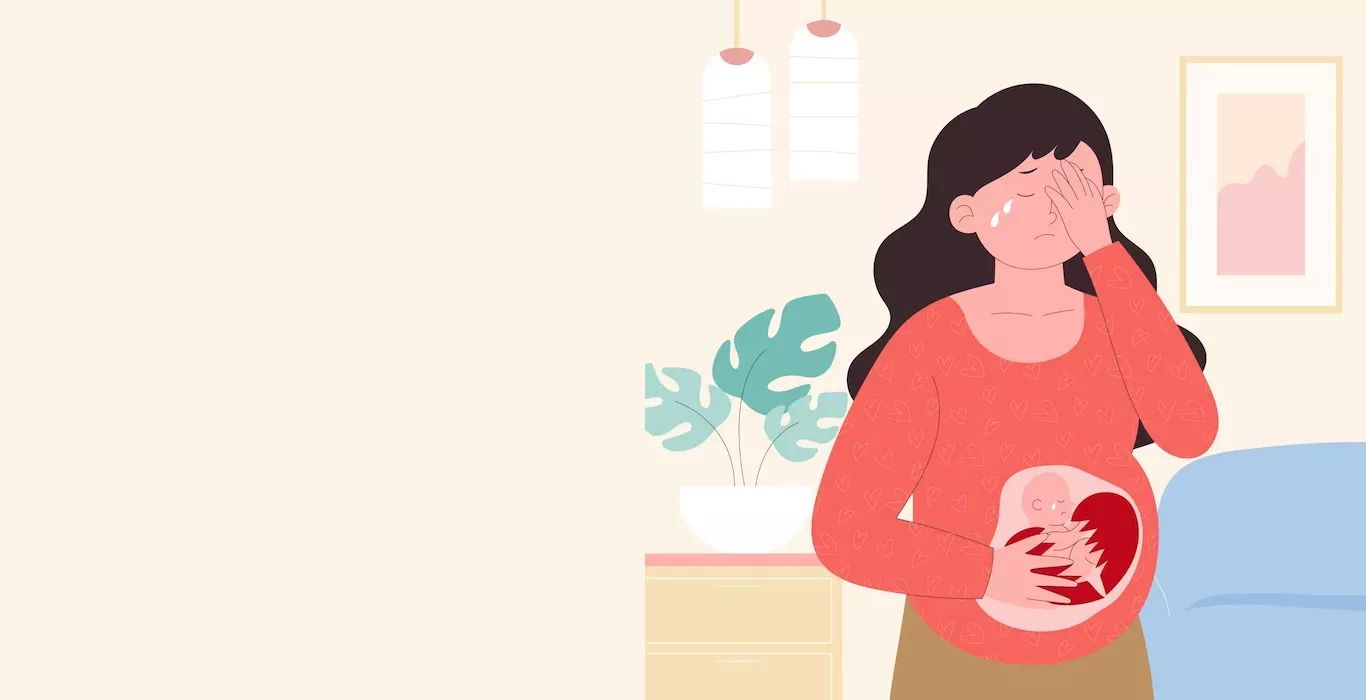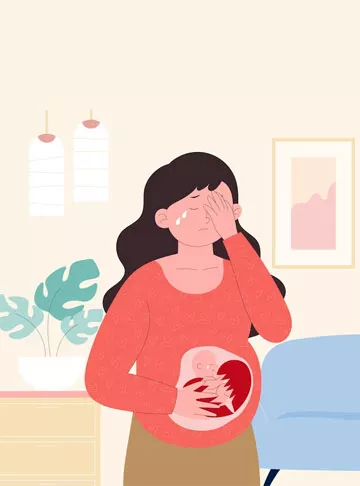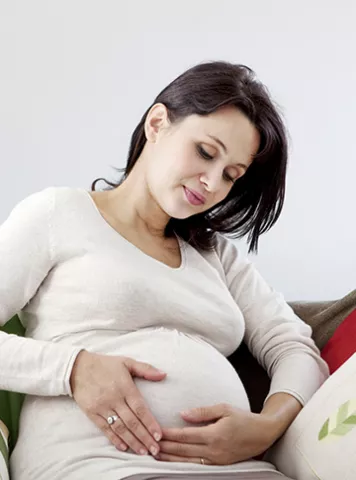What is Repeated Pregnancy Loss (Recurrent Miscarriage)?
Repeated Pregnancy Loss (RPL), often referred to as recurrent miscarriage, is defined as the occurrence of three or more consecutive pregnancy losses before 20 weeks of gestation. This condition can have profound emotional and psychological effects on those experiencing it.
Who can get Repeated Pregnancy Loss (Recurrent Miscarriage)?
RPL or recurrent miscarriage can affect anyone attempting to conceive, regardless of age, ethnicity, or overall health. Both men and women can be impacted, emphasizing the importance of thorough evaluation and support for couples facing this issue.
What are the Types of Repeated Pregnancy Loss (Recurrent Miscarriage)?
Recurrent miscarriage can be categorized into two main types: primary and secondary. Primary RPL refers to individuals who have never had a successful pregnancy, while secondary RPL occurs in those who have experienced at least one successful pregnancy before facing recurrent losses.
What are the Causes of Repeated Pregnancy Loss (Recurrent Miscarriage)?
Several factors can contribute to recurrent miscarriage, including chromosomal abnormalities, uterine abnormalities, hormonal imbalances, autoimmune disorders, blood clotting disorders, lifestyle factors (such as smoking and excessive alcohol consumption), and certain medical conditions like diabetes and thyroid disorders.
What are the Symptoms of Repeated Pregnancy Loss (Recurrent Miscarriage)?
The primary symptom of RPL is the loss of pregnancy before 20 weeks gestation. However, this can be accompanied by symptoms like vaginal bleeding, pelvic pain, and cramping. Emotional symptoms such as anxiety, depression, and grief are also common among those experiencing recurrent pregnancy loss.
Does Repeated Pregnancy Loss (Recurrent Miscarriage) Affect Fertility?
While RPL does not directly affect fertility, it can cause emotional distress and anxiety that may indirectly impact a couple's attempts to conceive. Seeking appropriate medical and emotional support is essential to navigating the challenges of recurrent miscarriage and maintaining fertility treatment goals.
How is Repeated Pregnancy Loss (Recurrent Miscarriage) Diagnosed?
To diagnose RPL, a thorough evaluation is necessary. This typically includes a review of medical history, physical examinations, blood tests to check for hormonal imbalances and clotting disorders, genetic testing, imaging studies (like ultrasounds), and uterine evaluation through hysteroscopy or other procedures.
How is Repeated Pregnancy Loss (Recurrent Miscarriage) Treated?
The treatment for RPL aims to address underlying causes and provide emotional support. Treatment options may include hormonal therapy to regulate imbalances, surgery to correct uterine abnormalities, genetic counselling and testing, lifestyle changes, and emotional support through counselling or support groups.
Conclusion
Repeated Pregnancy Loss is a challenging condition that affects couples both emotionally and physically. Understanding its causes, symptoms, and treatment options is crucial for anyone facing this difficulty. Seeking timely medical intervention, emotional support, and appropriate treatment can significantly improve the chances of a successful pregnancy and provide hope to couples dealing with RPL.
Articles
2023


World AIDS Vaccine Day 2023: Can HIV & AIDS affect fertility or your infant’s health?
World AIDS Vaccine Day is observed every year on the 18th of May to create awa...
2023


Male Infertility Infertility Tips
Hyperspermia: Causes, Symptoms, Diagnosis & Treatment
What is Hyperspermia? Hyperspermia is a condition where an individual produ...


Guide to infertility treatments Infertility Tips
पीआईडी: पेल्विक इनफ्लैमेटरी डिजीज और निःसंतानता
पीआईडी - पेल्विक इनफ्लैमेटरी �...
2022
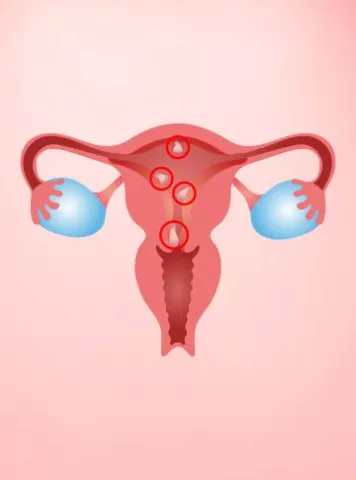

Infertility Tips Uterine Fibroids
Endometrial Polyps (Uterine Polyps)
What are Endometrial Polyps (Uterine Polyps)? Endometrial polyps, often ref...
2022


Female Infertility Infertility Tips
Why do You Need Fertility Treatment
As we all know infertility rate is constantly rising in our society day by day...
2022


Cesarean Section Vs Natural Birth
Surrogacy centers in Delhi and Infertility centers in Pune state that there ar...
2022


ನಿಮಗೆ ಹುಟ್ಟಲಿರುವ ಮಗುವನ್ನು ಅರ್ಥಮಾಡಿಕೊಳ್ಳುವುದು: ಗರ್ಭದಲ್ಲಿ ಮಗು ಹೇಗೆ ಬೆಳೆಯುತ್ತದೆ!
ವೀರ್ಯವು ಮೊಟ್ಟೆಯನ್ನು ಭೇಟಿಮಾಡ�...
2022


Diet Chart for Pregnant Women: The Right Food for Moms-To-Be
Pregnancy Food Chart 1. The daily diet must include the right amount of pro...
2022
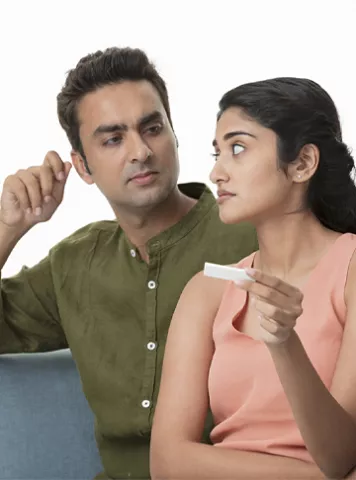

Can i become pregnant while my tubes are tied?
Pregnancy is one of the most important phases in women’s life and is conside...
Pregnancy Calculator Tools for Confident and Stress-Free Pregnancy Planning
Get quick understanding of your fertility cycle and accordingly make a schedule to track it

